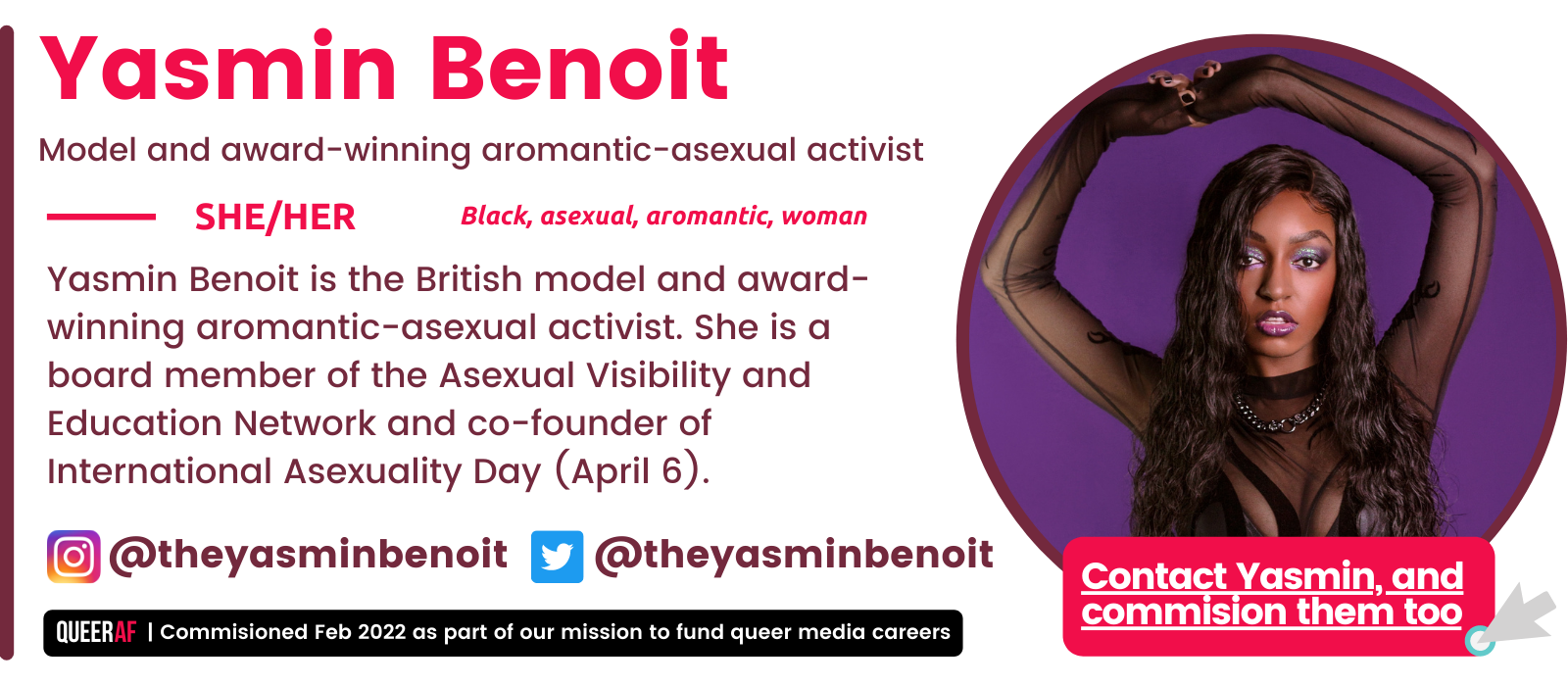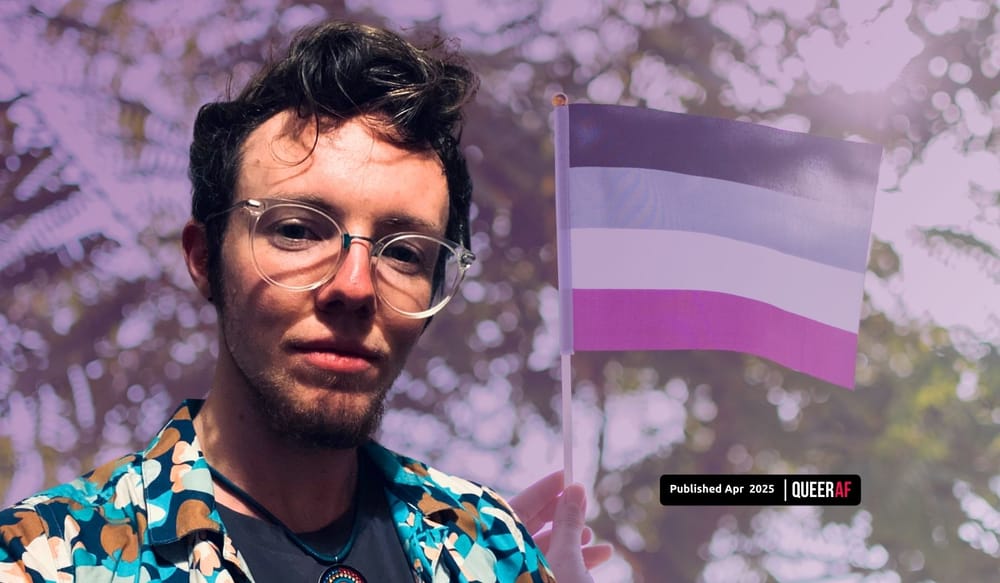
Asexuality has been on the outskirts of mainstream media for the past few decades.
But you can only count the number of asexual television characters on two hands. And for those who are explicitly asexual, you could count it on one.
There is an aversion to using the word 'asexual,' or even 'ace,' to describe a character.
Take Ruby from Agents of S.H.I.E.L.D and Daryl from The Walking Dead who are asexual. But it's not mentioned on-screen. Or Raphael from Shadowhunters, who we can only assume is asexual, after expressing a lack of interest in sex.
It's easy to understand why. Asexuality has been misrepresented as simply 'not wanting sex.' But the actual definition is ‘experiencing little-to-no sexual attraction.' This combined with the rarity of representation sees aces rejoice over pretty much anything, whether it's particularly good or not.
Take Esperanza "Spooner" Cruz who came out as ace on the DC’s Legends of Tomorrow recently. It's quickly suggested that Spooner is ace because asexual people "have little to no interest in sex" but many "still want to be in relationships."
It feels like, you can't mention asexuality on a TV show without instantly following it with an emphasis on still being in (romantic) relationships.
That said, it is a strength is that Spooner is an established character and a woman of colour played by a Salvadorian actress. She stands out in the sea of white ace representation. That, along with the show explicitly mentioning asexuality, it’s certainly a step in the right direction.
However Sex Education’s scene with asexual character Florence and a sex therapist (Gillian Anderson) - did one better.
Yes, there was still a focus on whether or not the questioning ace person wants sex or not. But it was made quite clear that asexuality is defined by a lack of sexual attraction, as opposed to a lack of interest in sex.
It's an important distinction. There are many reasons why someone might be uninterested in sex. Many have nothing to do with their sexual orientation.
These mistakes could all be easily be avoided by consulting asexual groups as part of the production process. Just like Bojack Horseman did to ensure that their character Todd Chavez's asexuality was depicted appropriately. It’s held up as an example of ace representation done well.
I’m hopeful that the change we need to see is on the horizon. As TV shows take up the task, they need to thoroughly consult the ace community, to avoid harm while trying to do good.
Equally, they need to remember to include aromantic-asexual people too.
By taking what might feel like a risk, you’ll open the door for both representation and creativity.
This article was just one part of our weekly newsletter that summarises, understands and explains the queer news of the week:

We are an independent platform launching the careers of emerging and LGBTQIA+ creatives driven by people, not advertisers.
The Queer Gaze is our landmark scheme commissioning, mentoring and running skill sessions with queer writers.
We rely on members like Martin Kmiecik who directly funded this piece and looked to us to publish intersectional stories.
It was produced by queer creative Yasmin Benoit. You can support them by; following them on social, sharing this article, or even better? Join Martin and become a QueerAF member to directly fund more Yasmin's incredible storytelling - and see your name here.
We are QueerAF, and so are you.











